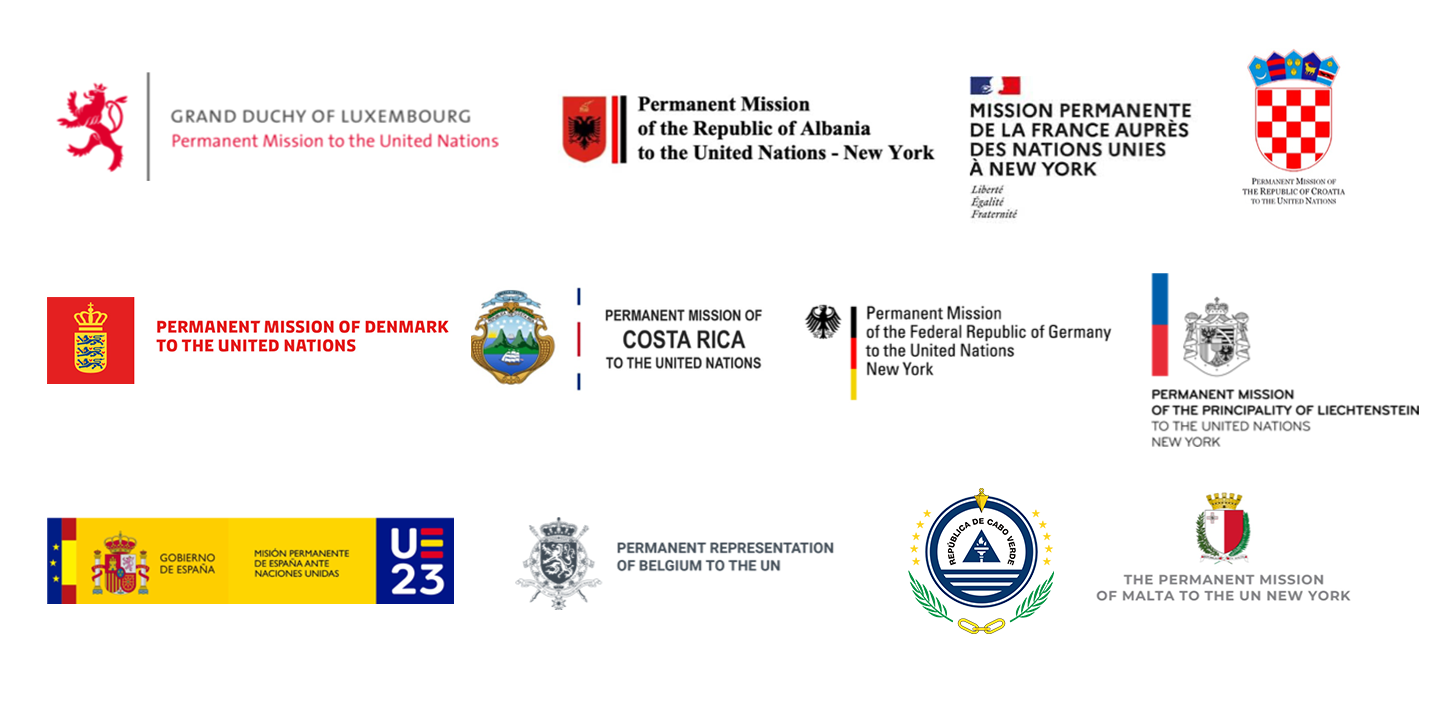
Joint Declaration on “Addressing systematic gender-based discrimination against women and girls in Afghanistan”
This declaration was released following a Ministerial-level meeting co-hosted by the Global Centre for the Responsibility to Protect, Open Society Foundations and the governments of Albania, Belgium, Cabo Verde, Costa Rica, Croatia, Denmark, France, Germany, Guatemala, Liechtenstein, Luxembourg, Malta, and Spain on the sidelines of the opening of the 78th session of the UN General Assembly. Additionally Afghanistan’s Permanent Mission in New York co-hosted (joined) the meeting.
We, Ministers, reiterate our strong concerns that persecution on the grounds of gender is institutionalized by the Taliban in Afghanistan. Since their return to power in August 2021, women and girls have been slowly but surely erased from public life through a series of edicts targeting them. According to UN Women, almost one woman out of two experienced domestic physical or sexual violence within the last year. The impact on women and girls’ mental health is devastating. The Taliban must be held accountable.
We strongly condemn the decisions of the Taliban which violate human rights and freedoms of the Afghan women and girls, including the ban on Afghan women working for the UN and NGOs. This ban severely impacts the effective delivery of life-saving humanitarian assistance and basic services, putting at risk the lives of millions of Afghans, especially women-led households. The discrimination against women is systematic and systemic. The Taliban’s measures to exclude women from the Afghan society are unparalleled worldwide and may amount to gender persecution and a crime against humanity. We therefore urge the Taliban to lift these restrictions immediately and to safeguard humanitarian principles.
We call on the Taliban to immediately cease their egregious violations of human rights and freedoms. We urge the Taliban to safeguard the rights of all Afghans, to allow women and girls free and equal access to public life and fundamental rights and freedoms, including education and work, and restore civic space, allowing NGOs, civil society organisations, human rights defenders, journalists, and media workers to operate freely.
An inclusive and representative political process with the full participation of all Afghans, including women and girls, and persons belonging to ethnic and religious groups and minorities, is required to ensure sustainable peace, stability and prosperity in Afghanistan.
We recall Afghanistan’s obligation to implement the provisions of instruments concerning human rights and fundamental freedoms to which Afghanistan is a State party and by which it is bound, including the Convention on the Elimination of all Forms of Discrimination Against Women.
We stand in solidarity with all Afghan people, especially women and girls.